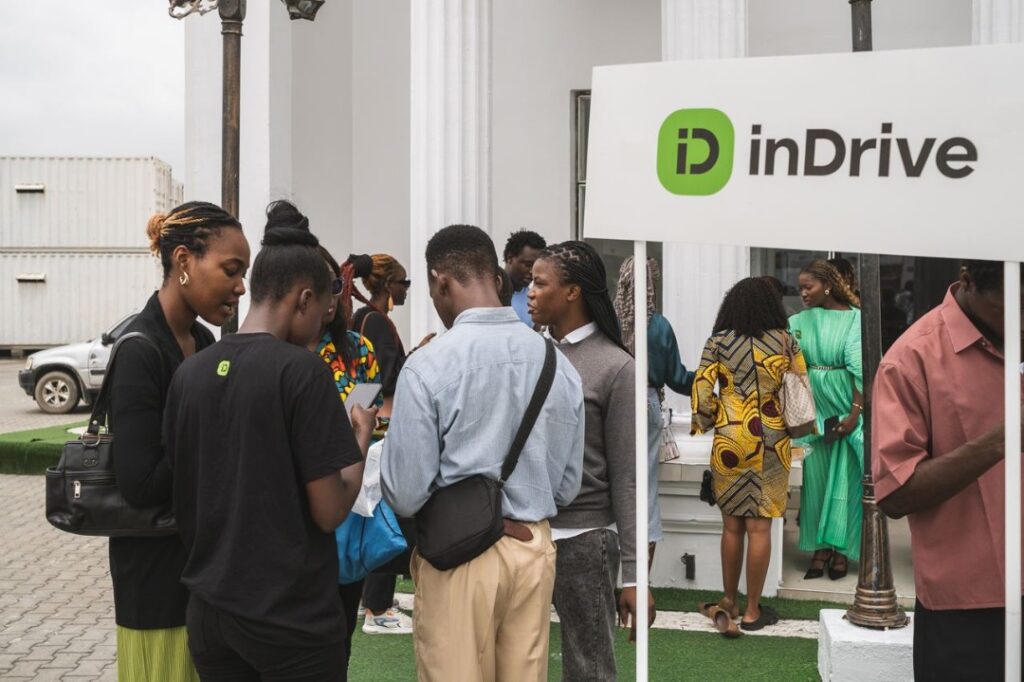
Five months after his sentencing, Philadelphia-based rapper Meek Mill was released from prison Tuesday afternoon, according to multiple reports.
Mill, also known as Robert Rihmeek Williams, was freed after the Pennsylvania Supreme Court overruled Judge Genece Brinkley’s prior decision to deny Williams bail last week.
Brinkley, who initially sentenced Williams to two to four years in prison in November, had previously denied a bail request in December.
Williams’ November sentencing stemmed from two arrests earlier in 2017. One was for a fight and another was for popping wheelies on a dirt bike. Based on these new charges and a failed drug test, Brinkley had found Williams in violation of probation from a 2008 gun and drug case.
The rapper tweeted out a statement Tuesday afternoon thanking his supporters.
Williams’ legal team had filed a petition in February that questioned on the credibility of a police officer involved in the rapper’s 2007 arrest. The Philadelphia District Attorney’s Office filed a response to that petition in March, saying “there is a strong showing of likelihood of the Petitioner’s conviction being reversed (in whole or in part).”
Williams’ sentencing led many to voice their support both in person and on social media. November’s #Rally4Meek in Philadelphia saw protesters marching through the streets, chanting “Free Meek Mill” and rapping his song “Dreams and Nightmares.”
Rapper Jay-Z, aka Shawn Carter, has been a staunch supporter of Williams, arguing in a New York Times op-ed in November that “what’s happening to Meek Mill is just one example of how our criminal justice system entraps and harasses hundreds of thousands of black people every day … A person on probation can end up in jail over a technical violation like missing a curfew.”
“As of 2015, one-third of the 4.65 million Americans who were on some form of parole or probation were black,” Carter continued. “Black people are sent to prison for probation and parole violations at much higher rates than white people.”
Most recently, Carter advocated for Williams while speaking to David Letterman for the former “Late Night” host’s Netflix show.





